-
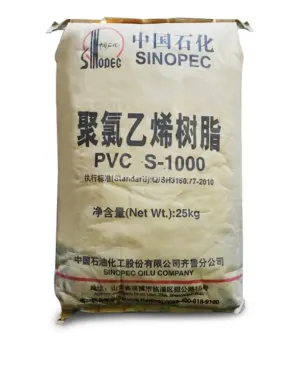 PVC Resin S-1000 K66-68 Pipe Grade
PVC Resin S-1000 K66-68 Pipe Grade -
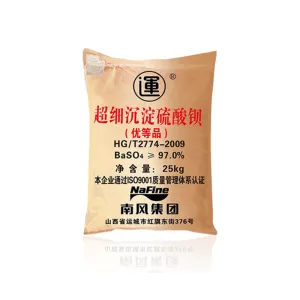 Nanfeng Barium Sulfate Precipitated 1250 Mesh Superior Product
Nanfeng Barium Sulfate Precipitated 1250 Mesh Superior Product -
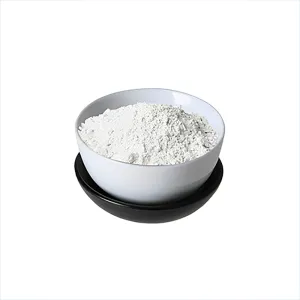 Kelong Heavy calcium carbonate CC903
Kelong Heavy calcium carbonate CC903 -
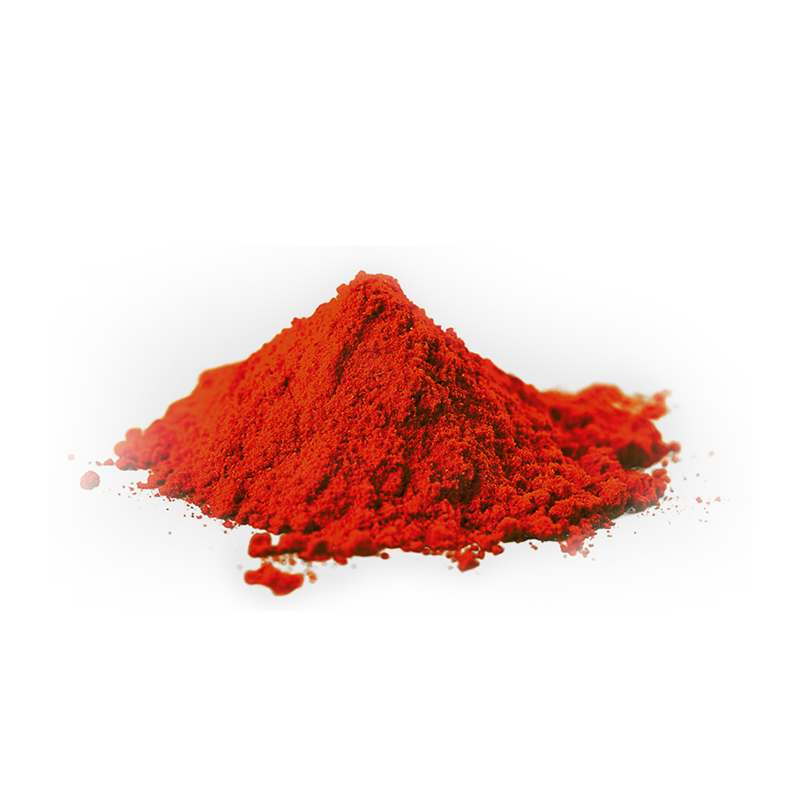 Astaxanthin 99% powder
Astaxanthin 99% powder -
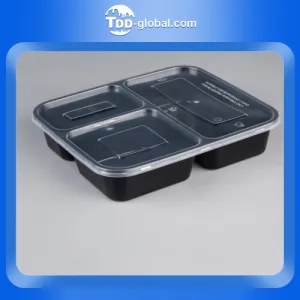 S1031 Plastic Meal Prep Containers with Lids, 1000ml Leakproof Rectangular Food Storage Container Box for Restaurant
S1031 Plastic Meal Prep Containers with Lids, 1000ml Leakproof Rectangular Food Storage Container Box for Restaurant -
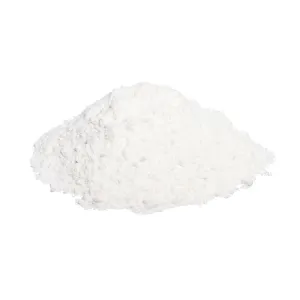 Talcum powder coating grade 800mesh
Talcum powder coating grade 800mesh -
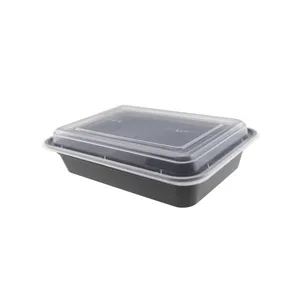 RY-NL-28-1
RY-NL-28-1
Q
what are commercial vehicles
I'm a seasoned industrial engineer with a keen interest in machine learning. Here to share insights on latest industry trends.
The ignition coil in an engine plays a critical role in the vehicle's ignition system. It functions by converting the low voltage from the car's battery into the thousands of volts necessary to create an electric spark in the spark plugs. This spark ignites the air-fuel mixture in the combustion chamber, powering the engine. Essentially, the coil acts as a transformer, utilizing electromagnetic principles to boost voltage. This high-voltage pulse is then delivered through the ignition leads to each spark plug, precisely timed to ignite the mixture at the optimal moment for efficient combustion. Without a properly functioning ignition coil, an engine would either run poorly or not at all, underscoring the coil's importance in vehicle performance and efficiency.
I'm a seasoned industrial engineer with a keen interest in machine learning. Here to share insights on latest industry trends.
Subaru has introduced its first electric vehicle. the Subaru Solterrara Electric Vehicle. It is an all-electric SUV.
You May Like
Yes, you can use PVC (Polyvinyl Chloride) for electrical conduit applications. It is a popular choice due to its durability, resistance to corrosion, and affordability. PVC conduit is suitable for both underground and surface cable installations. It provides a reliable and safe pathway for electrical wiring, protecting it from moisture, physical damage, and chemical corrosion. Furthermore, PVC is non-conductive, reducing the risk of electrical accidents. There are different types and sizes available, designed for various applications, including residential, commercial, and industrial environments. However, it's essential to follow local building codes and standards when choosing and installing PVC conduit to ensure safety and compliance.
To insulate outdoor PVC pipes, start by selecting an appropriate insulation material. Foam pipe insulation is commonly used due to its easy installation and effective thermal protection. Measure the diameter of your pipes to choose the right size of insulation. For extreme conditions, consider using insulated pipe wrap in addition to foam sleeves for extra thermal protection. Begin installation by thoroughly cleaning the PVC pipes to ensure the insulation adheres properly. Carefully cover the entire length of the pipe with the insulation, making sure there are no gaps or exposed areas. Secure the insulation with durable tape, specially designed for outdoor use, to prevent it from unwrapping or water ingress. Regularly inspect your insulated pipes, especially before winter, to ensure they remain in good condition and provide effective protection against freezing.
Polypropylene (PP) and polyester (PET) yarns are both synthetic fibers, but they differ in their chemical structures, properties, and applications. Polypropylene is a thermoplastic polymer made from propylene monomers and is known for its light weight, resistance to moisture, chemicals, and rot. It is commonly used in packaging, textiles (such as ropes and carpets), and reusable items due to its ability to be molded after heating. Polyester, on the other hand, is made from purified terephthalic acid (PTA) or dimethyl terephthalate (DMT) and ethylene glycol (EG). It boasts higher strength, flexibility, and resistance to wrinkling and shrinking compared to PP. Polyester is widely used in clothing, upholstery, and industrial applications. While PP is preferred for applications requiring moisture resistance and lightweight properties, polyester is chosen for its durability and resistance to various environmental factors.
You May Like
Q&A
- •titanium boiling point
- •can you spray paint pvc
- •is polypropylene an amorphous solid
- •how to connect garden hose to pvc pipe
- •reaction of calcium carbonate with titanium dioxide
Popular Information









